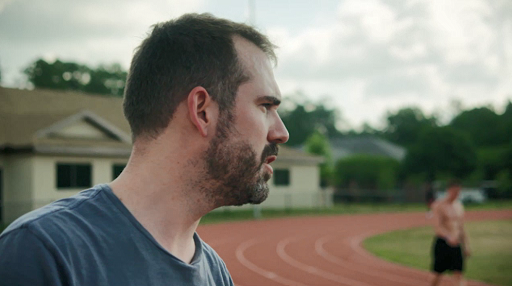9 Assessing the question being asked
Often the question asked in a media report or an academic assessment invites the argument to be framed in a particular way. The question asked in the title of the next activity could lead the argument in several particular moral or ethical directions.
Activity 9 Should dopers continue to benefit from their sport?
This question – should dopers continue to benefit from their sport? – encourages the argument to be framed towards what should be done about doping, particularly regarding sanctions. Part of answering the question involves considering why people dope in the first place and what policies might prevent this behaviour. This question cannot be answered in full here but you are able to watch a first-hand account from a doper.
Watch this video of top past performer in the 100m, Tim Montgomery (USA), explaining why he doped. Notice he is continuing to benefit from the sport by coaching others and may have received an appearance fee for his involvement in this clip.

Transcript: Framing in action: a doping example
Answer these two questions:
- Think back to how you responded to two of the questions in Activity 4 (What is the main reason behind athlete doping other than ‘winning’? What should be done about doping?). How do these responses inform your position in relation to Montgomery’s experience?
- To what extent can an individual who has been found guilty of doping be allowed to work in influential roles such as coaching?
Discussion
- In light of Montgomery’s testimony, the answer to ‘Why do people dope?’ might focus on his own individual actions. Perhaps you may feel that, although he does not mention it, the whole system of elite sport encourages record breaking and pushing your body to new limits to gain financial reward/recognition.
- It is very difficult to legally prevent money being earned from a sport. People can perhaps be stripped of coaching qualifications, but they can still mentor others and appear in videos such as the one in this activity. Arguably, if organisations cannot implement a ban, it is not worth attempting to do so and for some, rehabilitation and a role in educating young athletes may sometimes be likely to result in positive outcomes. Former cyclist and former doper David Millar (UK) is a good example of this.
Now, the course changes tack somewhat and considers the role of looking at the doping issue in a different context far removed from professional cycling and athletics: public gyms.
